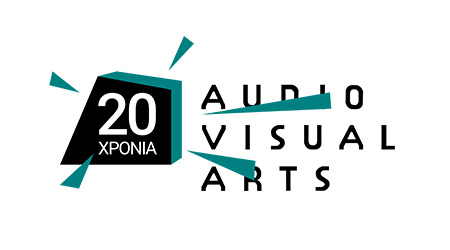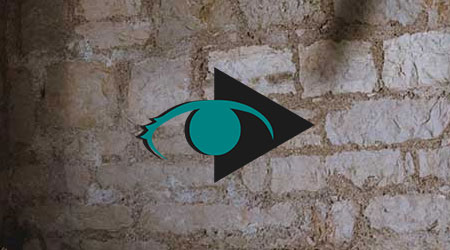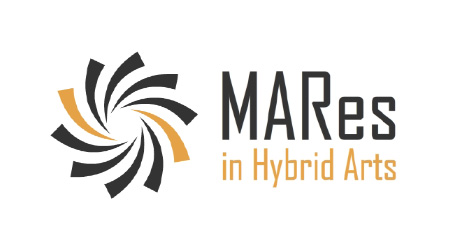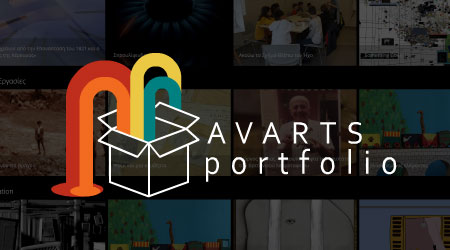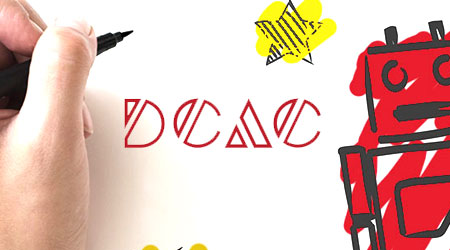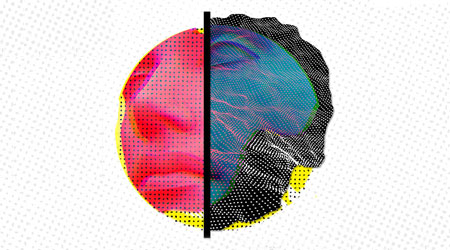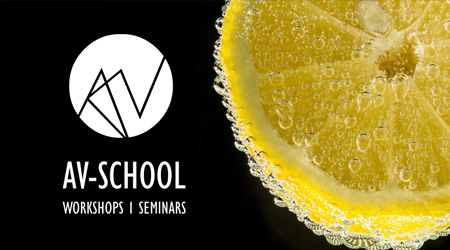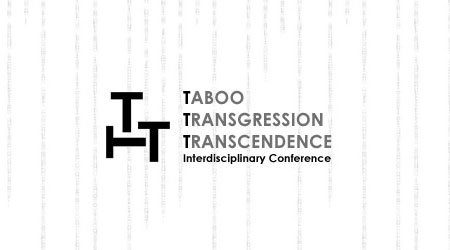Interactive Sound and Image Systems
Teaching Staff: Deligiannis Ioannis, Floros Angelos, Garneli Varvara
Course Code: AVA540
Course Category: Specific Background
Course Type: Elective
Course Level: Undergraduate
Course Language: Greek
Delivery method: Lectures
Semester: 5th΄
ECTS: 7
Teaching Units: 4
Teaching Hours: 4
Teaching Structure:
| Activity | Semester Workload |
|---|---|
| Lectures | 26 |
| Lab Practice | 26 |
| Literature Study and Analysis | 80 |
| Practice and Preparation | 43 |
| Course Total (ECTS: 7) | 175 |
Recquired / Recommended : (TEC311), (AVA445)
In our days Physical Computing is a widely-evolving method in design, representation, and arts. It invade through their simplicity in private and public life of humans. The course introduces interaction and parameterization as a key object in Interaction Design, systems and services. Interactive artefacts serve everyday life by rewriting the symbiotic relationships of citizens with the private space (local scale), the urban an natural environment (urban scale) as well as with the global digital intangible city (global scale).
Students will be asked to implement objects, games, digital applications focusing on the relationship between citizens, cities and the natural environment. Open design and fabrication technologies that are available in our days are the mediums for the implementation of the students’ projects.
Aim of this course is to explore technologies and whether they can be used to read, record, evaluate and reconstitute people's relationships with material culture in urban and natural environment.
On the occasion of the course "Interactive Sound and Image Systems", the students explore, organize and classify urban civilization data in the modern robotic era. The aim is to create an anthropocentric framework that provides solutions using data that are related to new technologies, urban environment and nature. Lectures, proposes everyday objects such as games, culture, arts, digital applications for city residents and visitors as contemporary prints of the digital age.
The course includes 2 main workshops: a) Object and model design using open fabrication technologies; and b) Workshop of open technologies for natural data management using the Arduino electronic platform.
1st week: Introduction to Design and Information, Viewing Student Projects
2nd week: Presentation of examples on the field of Interaction Design, the daily life in the digital age. Exercise A1-Decode Operating Rules (in class)
3rd week: Presentation of examples on the field of exploring the relationship of the citizen with the city and the natural environment. Exercise A2-Decode Operating Rules (in class)
4th week: Presenting examples on the field of Services redefining the role of man in the global city. Exercise A3-Decode Operating Rules (in class)
5th-6th-7th Week: 3-day Arduino Workshop, Digital Input / Output, Serial and Wireless Communication (bluetooth), Audio, PWM, Analog sensors
8th-9th week: Model Workshop, Digital Vector Design, Digital Fabrication
10th-11th week: 2 day Arduino Workshop, Motor, Special Devices, Monitors, Gyroscope, Communication with Processing
12th week: Presentation
13th week: Project Review
Huizinga Johan (1989) Homo Ludens, Gnosi Publications, Athens
Frisch Max (2014) Homo Faber, Patakis Publications, Athens
Harari Yuval-Noah (2017) Homo Deus, Aleksandria Publications, Athens
The lesson offers a good number of lectures on the relationships of different cultures with technology, science and the arts. The laboratories prepare the students technically by providing them with the necessary skills to develop the work, following the whole course of the conception of the central idea, its evolution during the planning phase and its implementation. The transmission of knowledge takes place through the implementation of the laboratories by solving a series of problems and issues that arise during the implementation phase.
The project is being presented
Text up to 2500 words with the development and description of the project
Video of the project 1,5-2,5 minutes
Back
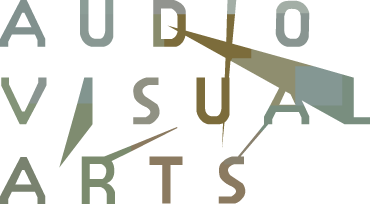


 Interactive Sound and Image Systems
Interactive Sound and Image Systems
